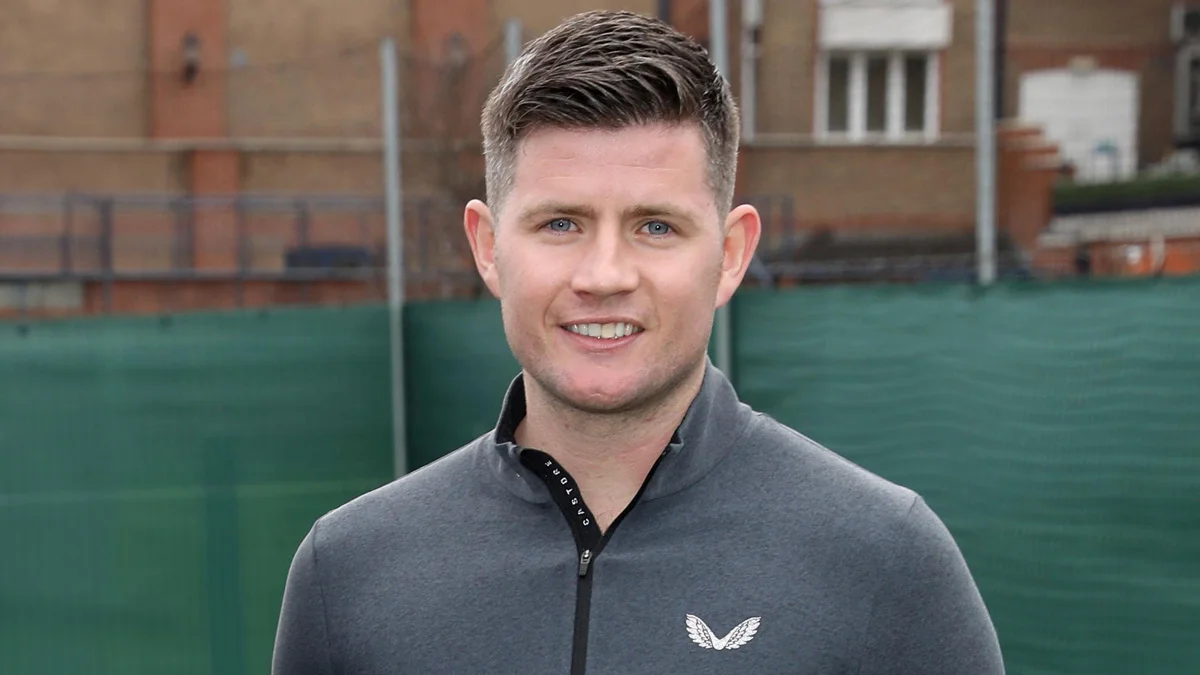With Labour committed to spending more on defence, we need to be clearer on the trade-offs – while realising ultimately it can boost the economy
Less than 5% of UK CEOs and Founders scale their mid–sized business to greatness. We exist to change that.
Business Leader is a membership community for ambitious CEOs and Founders of mid–sized companies in the UK. Our mission is to double the number of large businesses in the UK by empowering mid–sized CEOs and Founders to scale effectively, unlocking new growth opportunities and shaping the future of UK business and our economy.
If you're serious about scaling with at least £3 million of annual revenue, this is where you'll push through boundaries and gain access to the tools and support you need to grow faster, scale smarter and win.
Start your journey Start your journeyYou'll be in good company
Connect with the UK's most ambitious CEOs and Founders from top businesses like these.
How we do it – we meet you where you are
You'll join a stage–based forum of other ambitious CEOs and Founders, led by coaches who've helped scale high–growth businesses. You'll build your personalised path using our proven 9-step Growth Blueprint – supported by world–class content and events that deepen your learning, sharpen your thinking and accelerate real progress.
It's everything you need to scale up and go further with the power of peer–to–peer support and a thriving community around you.

Join a peer group
Connect with similar CEOs and Founders and exchange insights in a trusted, collaborative environment.

Build a growthprint
Unlock potential with your guide to driving innovation and achieving success.

Get expert coaching
Elevate performance with personalised guidance from industry leaders.

Scale better, faster
Graduate to the next growth stage and find new success for your business.
Introducing the Growth 500
Celebrating the UK's fastest–growing companies
The largest and most comprehensive analysis of the fastest-growing businesses in the UK. Hear the stories of the companies and people driving growth across the country – and explore the full list on our content hub.
Explore the Growth 500Insights from the UK's leading business minds
Stay ahead with the latest strategies, trends and insights from the UK's top CEOs, Founders and business experts. From exclusive interviews to expert analysis, our editorial content brings you the knowledge you need to scale your business with confidence.
Hand–picked for you
How do you build a company culture that nurtures game-changing ideas? Start with mindset, feedback and failure
The Olympic cycling champion has brought lessons from his time in sport to his work in business
Knowing how to get agreement between two parties is key in business. Two experts who have dealt with life-and-death negotiations offer their insight
Entering new markets drives growth but can trip up the unwary. Here’s everything you need to know before you start

A clear and inspiring vision is key to motivating a team, driving growth and turning bold goals into lasting impact

The UK economy is stagnating, productivity is falling and fewer than one in 20 promising businesses goes on to become a large company. So how do we fix this?
Trusted by ambitious business leaders
Julia Langkraehr
Expert EOS ImplementerAndrew Moses
Managing Director, The Config TeamRichard North
President, WoW! Stuff
Ready to accelerate?
If you're serious about scaling your business, you need to be here.
Start your journey Start your journey










